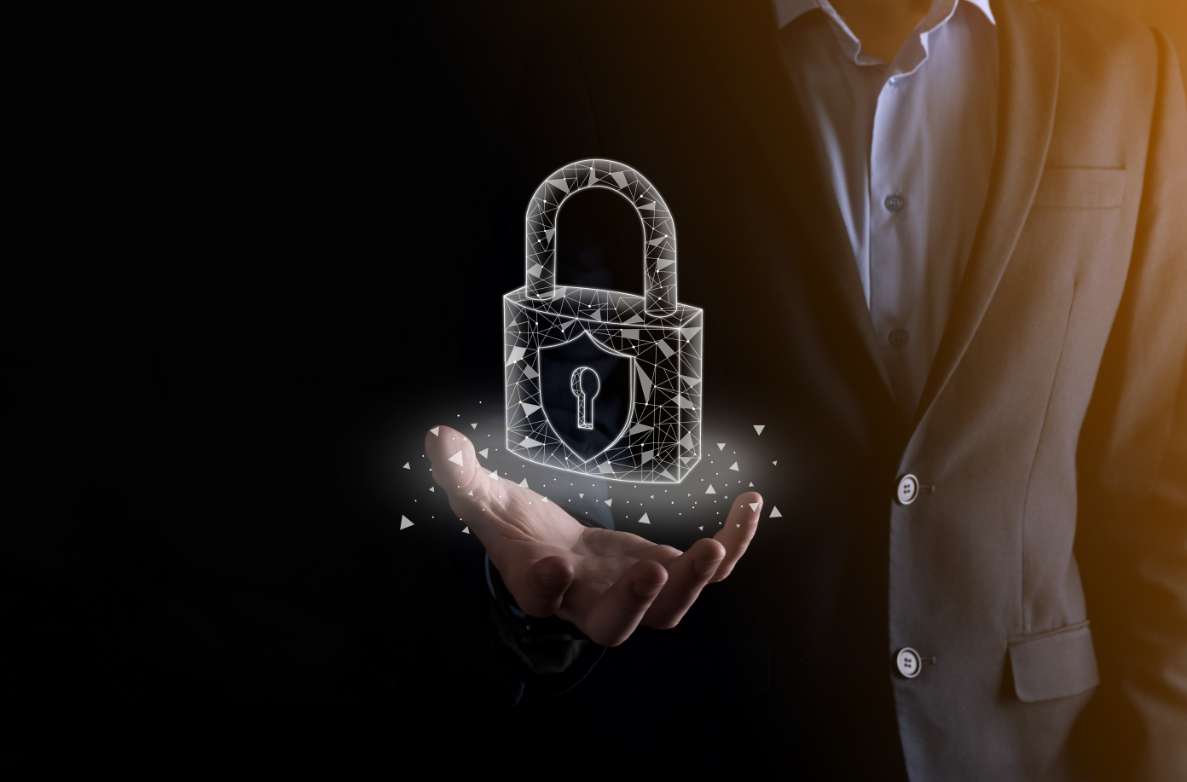Emerging Tech 3 years ago
When Legal Technology Meets Cybersecurity
With more companies embracing digitisation, the threat of cyber-attacks has now become even more significant than ever before.

In the early days of the pandemic, when the world witnessed an unexpected exodus to the digital realm, several virtual cohabitation enablers were suddenly put under the spotlight. One of the biggest players of the field, and perhaps the name that might as well be used to define the COVID-19 pandemic era is ‘Zoom’. As a video conferencing app, Zoom saw a surge in popularity in the initial days. However, not so soon after, businesses started backing away from the platform. An article published on the news website The Intercept revealed that Zoom didn’t guarantee end-to-end encryption for its meetings. As such, the app became vulnerable to hackers, who frequented Zoom meetings to gain access to users’ webcams. Suddenly tech-dependent organisations and institutions around the world became aware that in the rush to move things online, they had become complacent around the issues of cybersecurity.
Several studies have concluded that businesses will be greatly impacted if cyber threats are not adequately addressed – they stand to lose millions in revenue as it takes several days, at times even months, to detect any kind of data breach. With more companies embracing digitisation, the threat of cyber-attacks has now become even more significant than ever before. The legal industry is particularly vulnerable to cyber-attacks as vast amounts of money, information and sensitive data is constantly on the move here. Wrought with phishing and ransomware attacks, every year, hundreds of law firms across the world fall prey to cyber-attacks. But more than loss of data and revenue, law firms also stand to lose their reputation which is more long-lasting. The most popular case where a law firm was crippled by cyber-attacks was the one concerning ‘The Panama Papers’, when the law firm Mossack Fonseca had to shut its doors when more than 11.5 million of its confidential documents were leaked to the public anonymously.
Luckily, to counteract cyber threats, technological ventures across the world are constantly collaborating with top legal minds to improve and build upon laws and applications of cybersecurity. Start-ups dedicated to the cause of enhancing the scope and reach of legal and justice technology take the issue of cybersecurity very seriously; and to that effect, a number of tech-based solutions currently in use within legal processes come with high-end security features. Be it secure communication platforms like Legaler, Telegram and Privnote; or advanced case and contract management, billing and storage platforms like Volody and Clio, capable legal and justice tech solutions are constantly upping the game when it comes to cybersecurity – often using end-to-end encryption or military-grade, protected servers. They work together with some of the leaders of Internet safety to deliver state-of-the-art solutions that not only make tedious legal processes seem quick, easy and accurate, but they also make them safe, secure and reliable for all parties involved. So, the next time you are in the market for the right tech solution for your law firm, simply look at how the software handles individual privacy and how it stores sensitive information – that should lead to safe hands.



